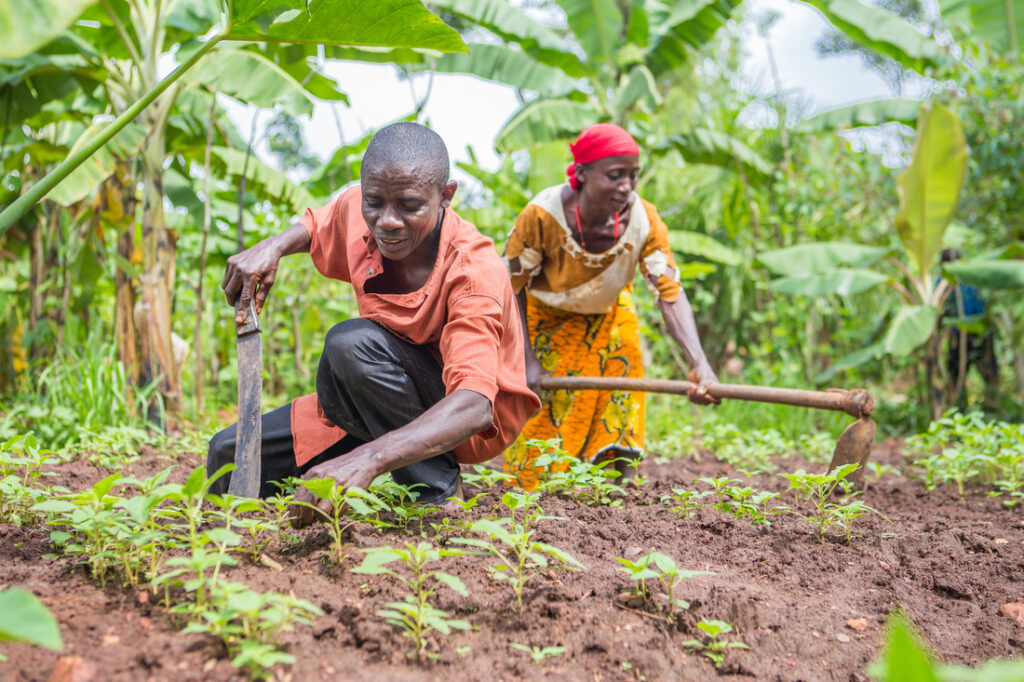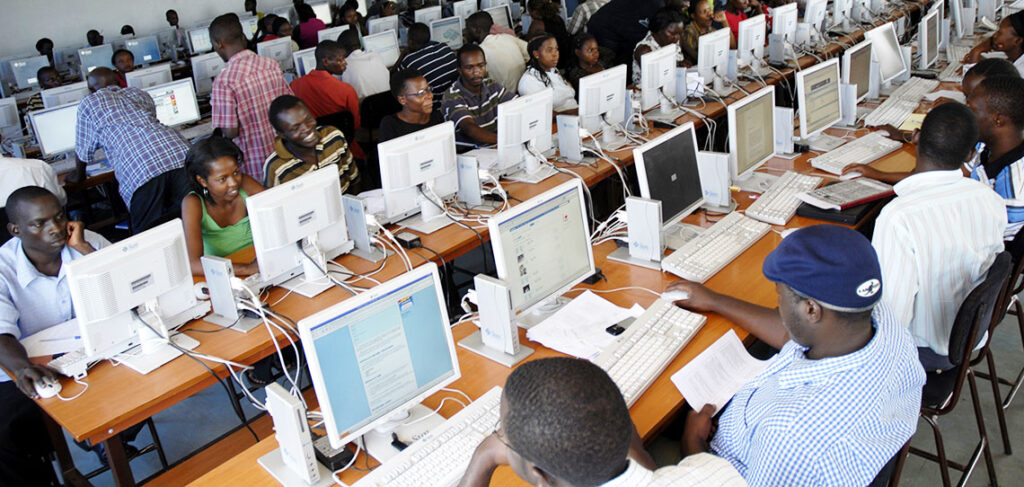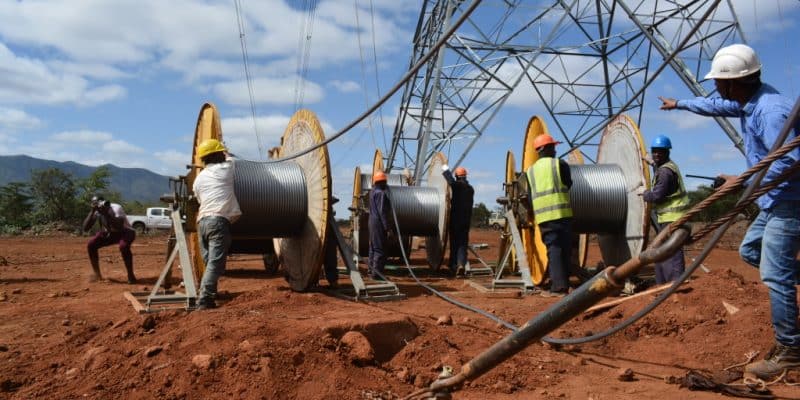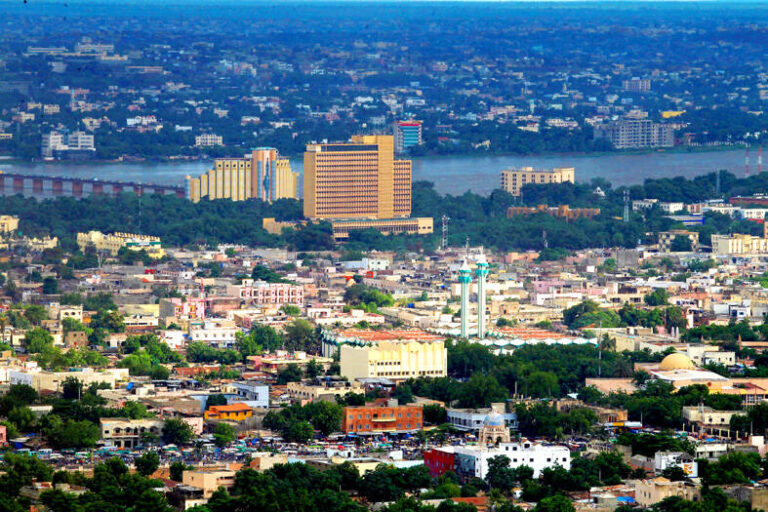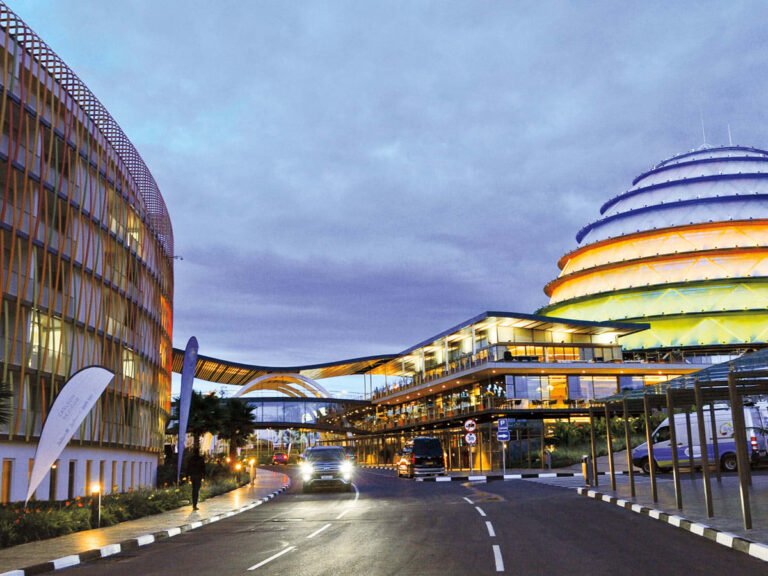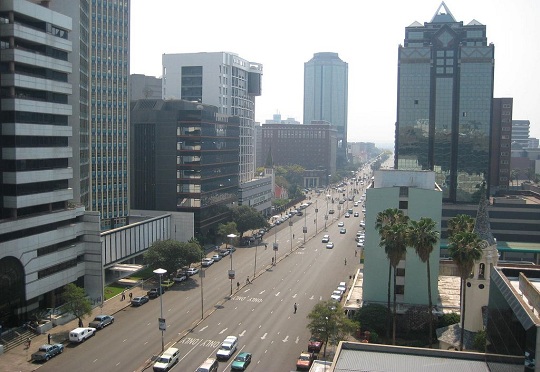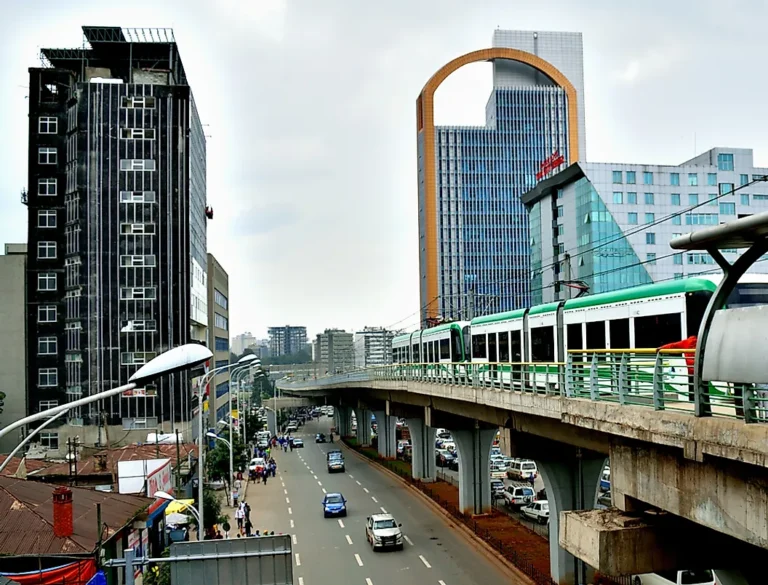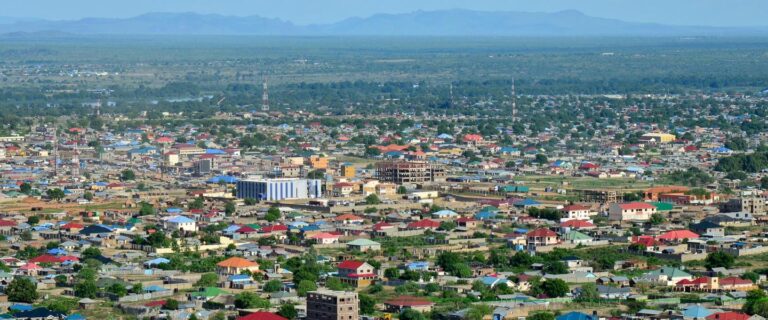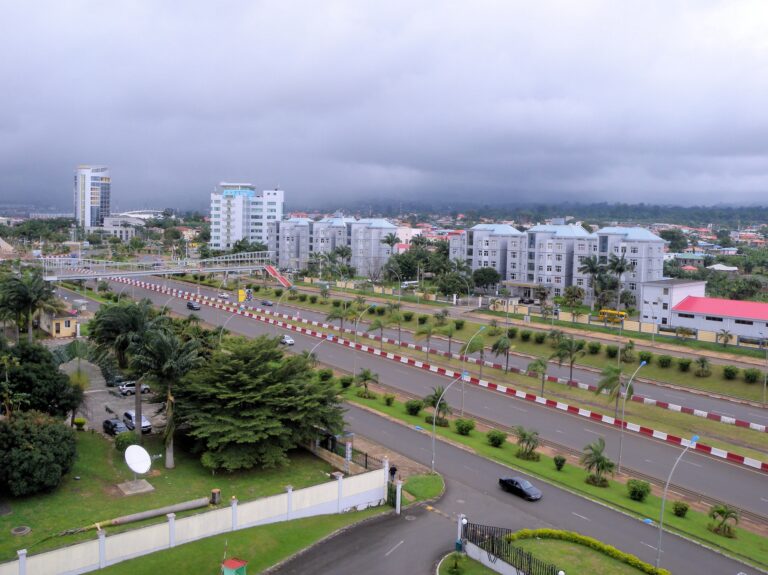Officially the Republic of Burundi, is a landlocked country in the Great Rift Valley where the African Great Lakes region and East Africa converge. It is bordered by Rwanda to the north, Tanzania to the east and southeast, and the Democratic Republic of the Congo to the west; Lake Tanganyika lies along its southwestern border. The capital cities are Gitega and Bujumbura. The current population of Burundi is 12,948,437 as of Thursday, June 29, 2023, based on Worldometer elaboration of the latest United Nations data.
The current president of Burundi is Evariste Ndayishimiye, since 18 June 2020. He became involved in the rebel National Council for the Defense of Democracy Forces for the Defense of Democracy (Conseil National Pour la Défense de la Démocratie Forces pour la Défense de la Démocratie, CNDD–FDD) during the Burundian Civil War and rose up the ranks of its militia.
Burundi is one of the poorest countries in the world. The country has virtually no service or manufacture industry and over 90% of population rely on agriculture. As such, Burundi’s economy is highly dependent on foreign aid which accounts for over 50% of government budget. In recent years, international organizations have been working with the government to address bureaucracy, widespread corruption, lack of security and basic infrastructure, poor education and healthcare system. As a result, Burundi has been able to attract foreign direct investments to its coffee and tea industries which are expected to drive the growth.
Burundi fell into a recession in 2020, largely the result of the effects of the COVID–19 pandemic. Real GDP contracted by 3.3%, after growing 4.1% in 2019. The pandemic hit hardest at industry, which saw a 4.5% decline in output, and services, whose output fell 1.8% compared with 2019. On the demand side, investment fell by approximately 3%. A decline in agricultural production combined with rising prices of imported products resulted in a sharp rise in prices. Inflation rose by 8.5 points to 7.6% in 2020, compared with 0.7% in 2019.
The adolescent population is growing much faster than the rest of the population, and the population projections produced by the National Institute of Statistics show this trend until 2050.
Youth employment through the industrialization of the country is a priority of the National Peace building Program, which is one of the tools for the operationalization of the Burundi National Development Plan 2018-2027.
With the support of the International Monetary Fund and the World Bank, Rwanda has made important economic and structural reforms and sustained its economic growth rates over the last decade.
Rwanda has guarded its political stability since the 1994 genocide against the Tutsi. Parliamentary elections in September 2018 saw women fill 61% of seats, the Rwandan Patriotic Front maintain an absolute majority and, for the first time, opposition parties, the Democratic Green Party of Rwanda and Social Party Imberakuri won two seats each. President Paul Kagame was re-elected to a seven-year term in August 2017, following an amendment to the constitution allowing a third term.
Business opportunities in Burundi
The Burundi economy accordingly offers many opportunities for investors with different investment appetites and strategies. Burundi has the potential for investment in Agriculture, Animals and Fisheries, Energy, Education, Health, Transport, Tourism, ICT & Telecom, Real Estate
